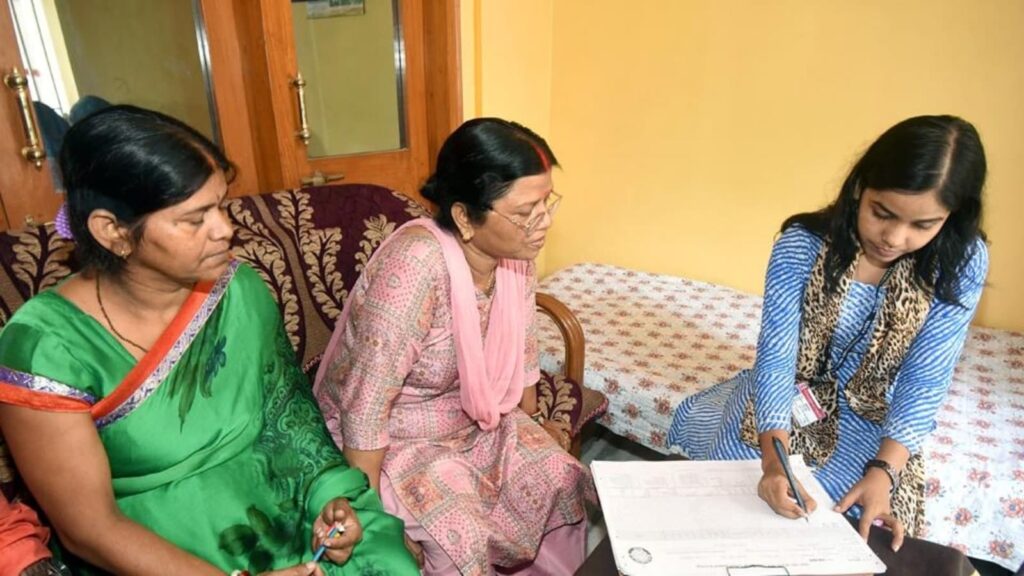The Union government’s affidavit in the Supreme Court on Bihar’s caste survey on Monday — the first time that the Centre has waded into the fractious debate around enumerating caste identities — appeared to expose the political dilemmas around the contentious issue. The Union home ministry first filed an affidavit signalling a strong opposition to the Bihar exercise, which is on the cusp of being completed, saying that according to Section 3 of the Census Act, 1948, only the central government is entitled to not only carry out a census but also “any action akin to census”. Hours later, the government filed a second affidavit withdrawing the paragraph that disputed the authority of states to conduct “any action akin to census”. In effect, the stand of the central government with respect to the caste survey in Bihar was made less strident — no doubt the result of careful political calculations on a sensitive issue that continues to animate Indian politics.
Bihar chief minister Nitish Kumar has announced that the field surveys of the exercise have been completed and the authorities are compiling the data, which will then be made public. The state’s ruling coalition, comprising Mandal era giants Janata Dal (United) and Rashtriya Janata Dal (RJD) are confident that the results will help them galvanise their respective social coalitions and create enough fissures in the Bharatiya Janata Party (BJP)’s faith and religion-based mobilisations to upset the latter’s plans in the Lok Sabha polls. The BJP appears to be in a dilemma on the issue — caught between its traditional support base of upper castes and its newfound constituents among the backward and Dalit communities — and has so far played it safe by backing the exercise at the state level without taking a stance at the national level. The Centre’s affidavit in the apex court was supposed to be the government’s first real swing at the issue, but here too, the political managers clearly have decided to wait, and decide its position after gauging the public mood.
The Opposition is confident that it has caught the BJP in a bind on the issue and has sought to paint the caste survey as a core issue for backward and Dalit communities. But what is the public mood among these communities? In Bihar, there has been no great outpouring of emotion during the exercise. It is completely possible that the findings set off a churn, like what happened after the Mandal Committee report was submitted. As is the case with all things elections, the public response to the caste survey data will define its political utility.
Embrace independence with quality journalism
Save on HT + The Economist subscription


